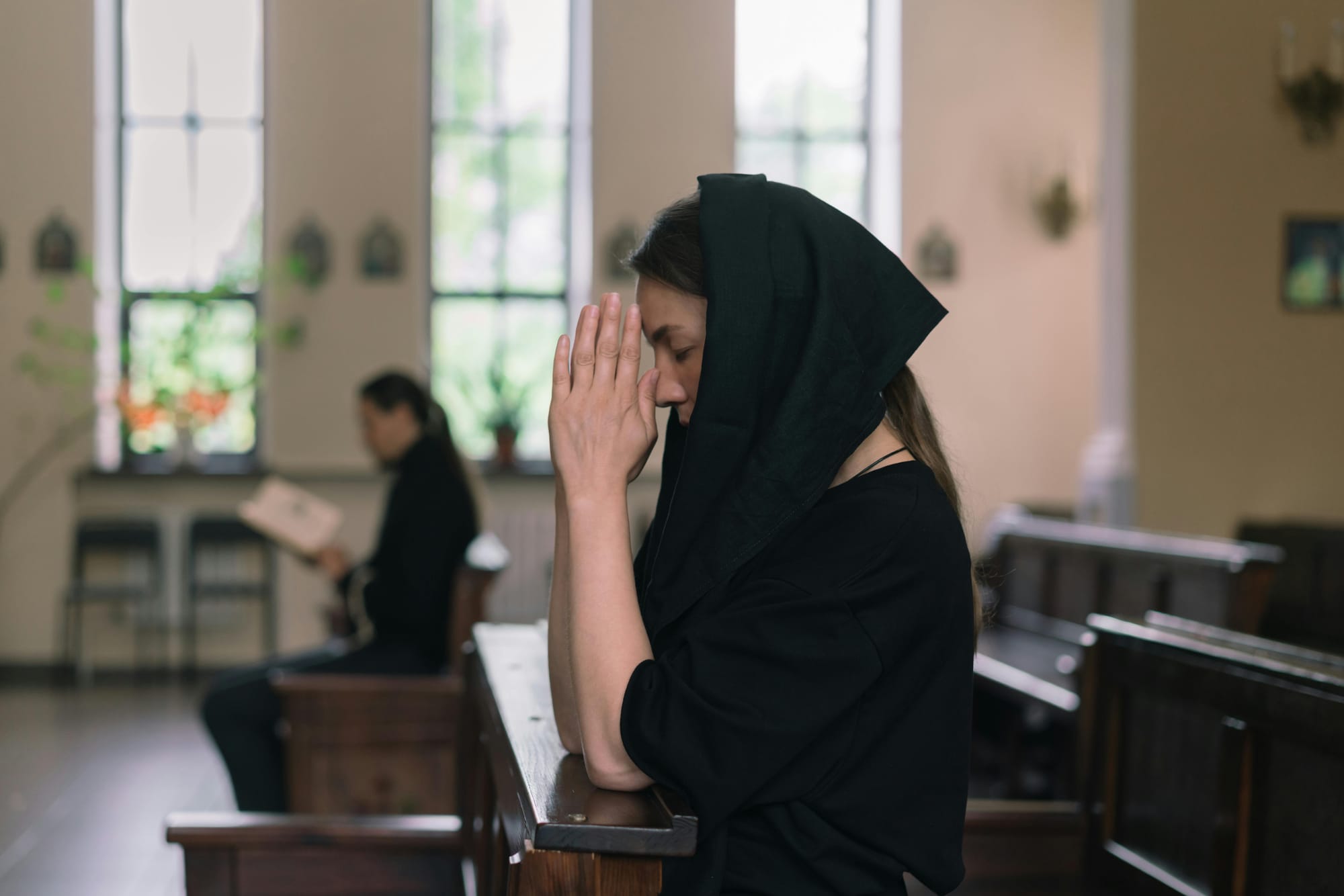The Dignity of Women in the Catholic Church

The Catholic Church, a cornerstone of spiritual life for over a billion believers worldwide, is rooted in traditions that date back two millennia. Among these traditions is the teaching that only men can be ordained as priests. This doctrine, deeply entwined with the Church’s understanding of priesthood and sacramental theology, has been a topic of much debate, especially in the context of contemporary discussions on gender equality. However, it is essential to understand that the Church’s stance on this issue is not a reflection of diminished respect for women but rather an affirmation of the unique and complementary roles of men and women, grounded in both scripture and tradition.
Theological Foundations
The Catholic Church's teaching on the ordination of men alone is based on the example of Jesus Christ, who chose twelve male apostles. This choice is not seen as a mere product of cultural context but as a deliberate act with theological significance. The priest, in Catholic theology, acts in persona Christi, in the person of Christ, who was male. This understanding is reflected in the Catechism of the Catholic Church, which states, "The Church recognizes herself to be bound by this choice made by the Lord himself. For this reason, the ordination of women is not possible" (CCC 1577).
Complementarity of Genders
The Church teaches that men and women are equal in dignity but have distinct roles that are complementary. This belief is rooted in the creation narrative in Genesis, where God creates humanity in His image, "male and female he created them" (Genesis 1:27). Each gender reflects different aspects of God's nature and together they complete the image of God.
The distinct roles of men and women are not about hierarchy but about the harmonious partnership designed by God. The male priesthood is seen as part of this divine plan, representing Christ the Bridegroom in relation to the Church, his Bride. This nuptial imagery underscores the relational and complementary nature of men and women.
The Dignity and Role of Women
The Church profoundly honors the dignity of women, celebrating their unique contributions to the faith and to society. The highest human honor in Catholicism is accorded to a woman, Mary, the Mother of God. Mary’s role exemplifies the feminine genius—the nurturing, relational, and life-giving aspects that are intrinsic to womanhood. Her fiat, her acceptance of God's will, is a model of faith for all Christians, both men and women.
Throughout history, women have been pivotal in the Church's mission. Saints like Teresa of Ávila, Catherine of Siena, and Thérèse of Lisieux, who are Doctors of the Church, have profoundly shaped Catholic spirituality and theology. Religious sisters and laywomen have also been instrumental in education, healthcare, and social justice initiatives. The Church upholds the dignity of these roles, recognizing that they are vital to its mission and witness in the world.
Motherhood and Fatherhood
The Church's understanding of gender roles is also deeply tied to the concepts of motherhood and fatherhood, which are seen as fundamental expressions of female and male identity. Motherhood, whether biological or spiritual, embodies nurturing, compassion, and a profound capacity for relational love. The Church sees these qualities as essential and irreplaceable.
Fatherhood, reflected in the priesthood, embodies protection, guidance, and sacrificial leadership. Priests are called to shepherd their congregations, offering spiritual fatherhood to their flocks. This role is not about power but about service, mirroring Christ's own sacrificial love.
Addressing Misconceptions
Critics often argue that the exclusion of women from the priesthood diminishes their dignity and reinforces gender inequality. However, this perspective misunderstands the Church’s theology. The Church's teachings do not imply that men are superior to women or that women's roles are less important. Instead, they affirm that men and women have different, complementary roles that are equally valuable.
Pope John Paul II, in his apostolic letter Mulieris Dignitatem, emphasized that women and men are equal in dignity and worth. He celebrated the unique gifts of women, acknowledging that the Church and the world benefit immensely from their contributions. His writings underscore that the Church's teachings on gender are rooted in a profound respect for the differences that enrich human relationships and community.
The Catholic Church’s teaching on the male priesthood, far from diminishing the dignity of women, seeks to honor the God-given differences between men and women. By upholding these distinct roles, the Church affirms the unique contributions of both genders, reflecting the fullness of human nature created in God’s image. As society continues to evolve, the Church remains steadfast in its commitment to these timeless truths, recognizing that true equality celebrates and respects the complementary nature of men and women. Through this lens, the Church continues to uphold the dignity of every person, called to different but equally valuable paths of service and love.